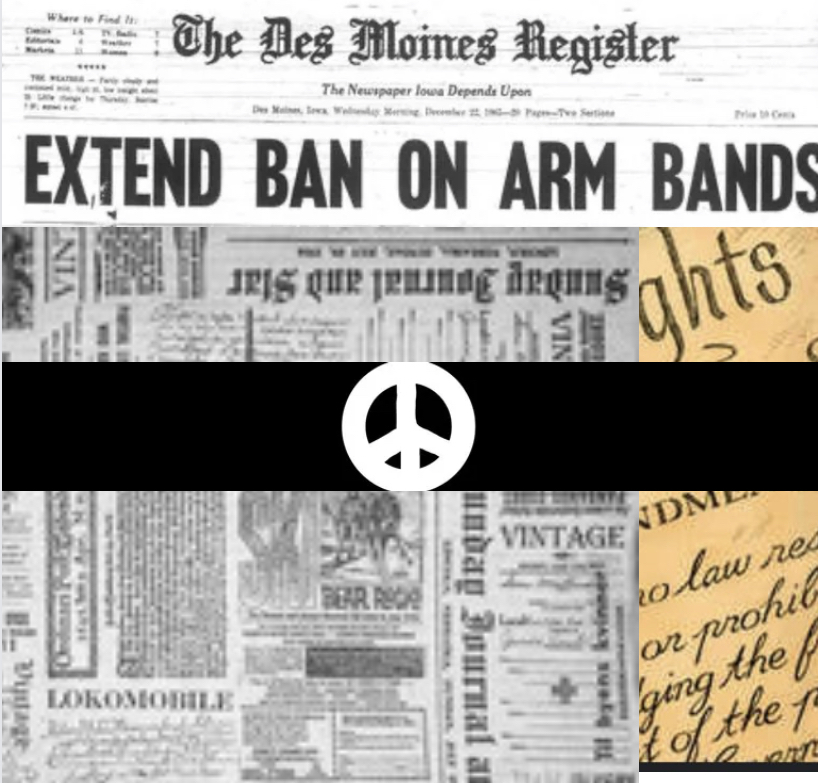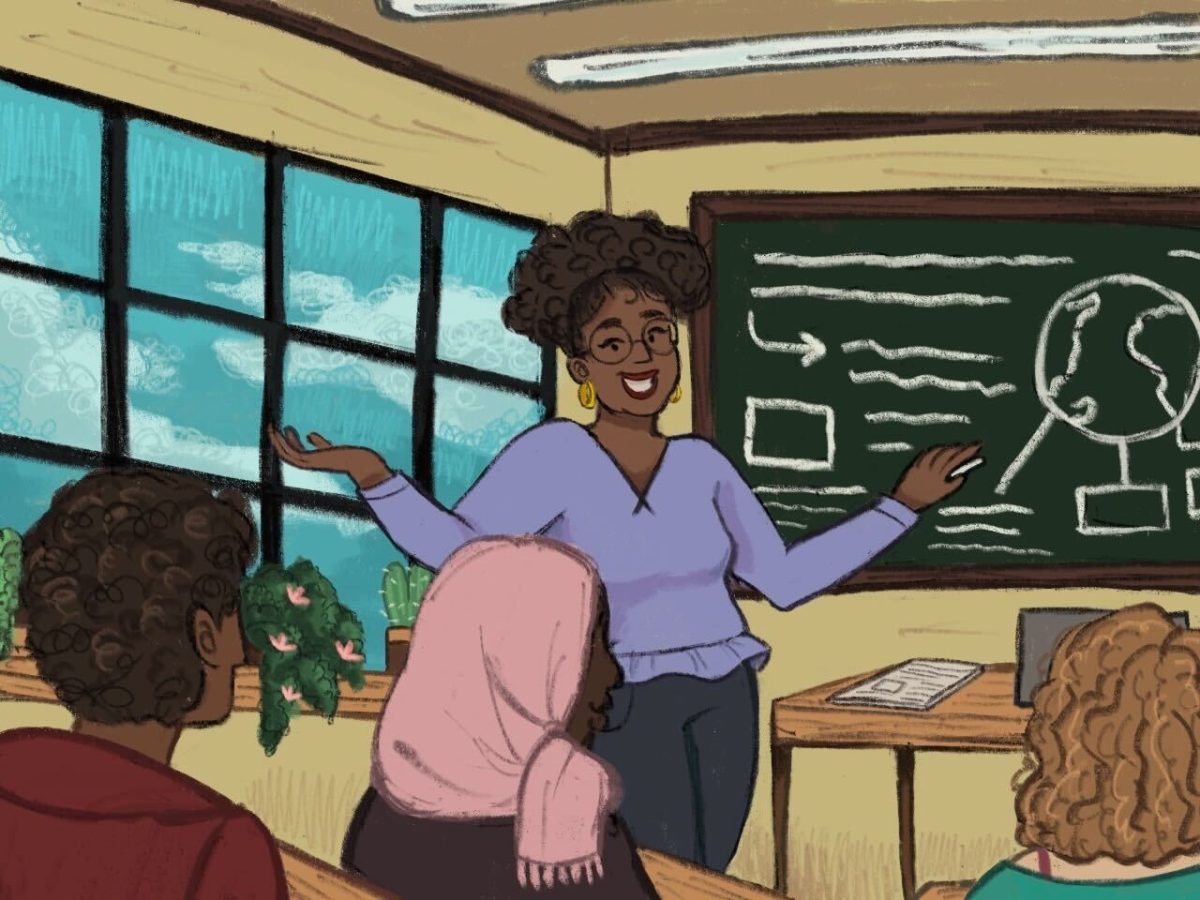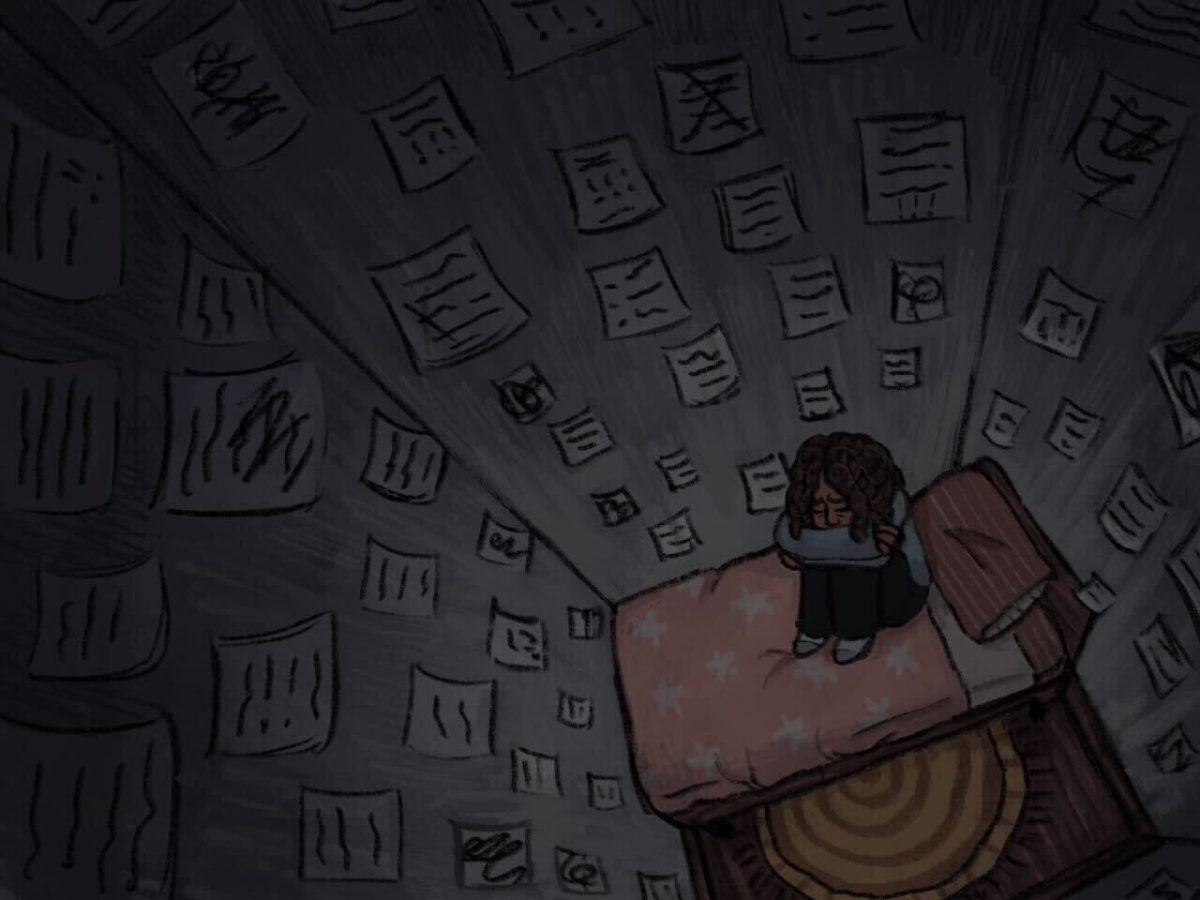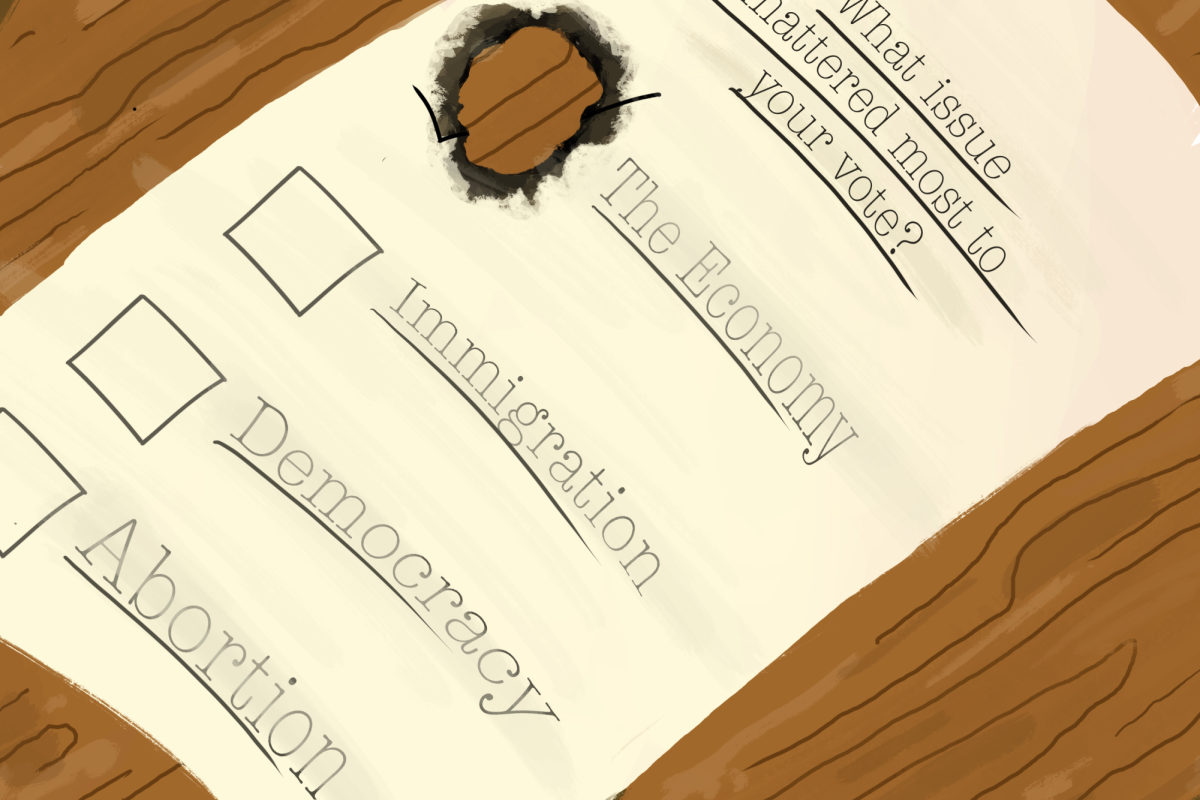Among the freedoms promised in the Bill of Rights, the First Amendment is arguably the most crucial. From freedom of religion to the rights of the media, this amendment protects the open exchange of ideas that is so essential to a functioning democracy.
The exact wording states, “Congress shall make no law respecting an establishment of religion, or prohibiting the free exercise thereof; or abridging the freedom of speech, or of the press; or the right of the people peaceably to assemble, and to petition the government for a redress of grievances.” However, due to the amendment’s relatively vague language, many cases have gone to the Supreme Court arguing what truly falls under the concept of free speech and what exact speech is protected.
In particular, schools have become a primary battleground for First Amendment free speech cases. While most students across the country may take this right for granted, we haven’t always had this freedom.
It is thanks to the outcome of the 1969 Supreme Court case Tinker v. Des Moines that students and teachers today don’t have to “shed their constitutional rights to freedom of speech or expression at the schoolhouse gate,” said U.S. Supreme Court Justice Abe Fortas in the court’s majority opinion.
The events leading up to Tinker v. Des Moines began when several students, who attended a public high school in Des Moines, Iowa, including Mary Beth Tinker, planned to wear black armbands in protest of the U.S.’s involvement in the Vietnam War. The principal found out and told the students they would be suspended if they wore the armbands. Despite this warning, the students wore them anyway and were subsequently suspended. Tinker and her brother John sued the school over their suspension, arguing that they were simply expressing their opinion, and that the school’s decision to suspend them infringed on their First Amendment rights.
The Supreme Court sided with the students in a 7-2 decision, setting the precedent that students have a right to express their opinion so long as it is not disruptive to the classroom. In other words, schools need a valid reason and evidence that an act of expression or free speech causes a “substantial disruption” to the learning environment.
This case is truly a monumental one, and despite it being more than 50 years since it was decided, it is still very relevant for students today since it set down the principle that public school students do have rights when they are in school.
Tinker is part of what allows students to be engaged in exercising their rights. It is what gives students grounds to voice their opinions, and wear clothing that conveys messages. It is crucial that students have the ability to express their perspectives, as schools should be models of our society and the rights available almost everywhere else should be accessible to students.
For public schools, this case means that student speech is almost unrestricted, with a few exceptions including speech that is lewd or vulgar in manner (1986’s Bethel School District v. Fraser), and speech that references or is seen as promoting illegal drug use (2007’s Morse v. Frederick ).
Another exception to student free speech is in the form of school publications. In the 1988 case Hazelwood v. Kuhlmeier, the Supreme Court held that a principal who censored two articles of the school’s newspaper did not violate the student’s free speech rights. Since the newspaper was a school-sponsored publication, the court ruled that the school had the ability to control what went out if it seemed to be inconsistent with the school’s educational mission.
This case reined in some of the impact Tinker had in relation to student journalism. In the years since the Hazelwood decision, several states have taken legislative action to restore the Tinker standard to student publications. However, according to The Student Law Press Center, only 17 states, including Oregon, currently have laws that protect the First Amendment right of student journalists.
Regardless of these limitations, private school students are not protected by the Tinker decision. “Private schools are not run by the government and therefore the administration is not held to the standards of the First Amendment,” said Josh Moore, Assistant Director for the Student Press Law Center.
Despite this, there are ways for private school students to protect their rights. “Students at private schools can often make a contract-based argument to show that the school made some sort of promise to the students that they would respect their free speech right,” Moore said.
For students at private schools, it can be hard to appreciate all that the precedent from this case has done for student rights in general, since it doesn’t exactly protect our rights. However, even though the First Amendment’s protections don’t explicitly apply to private school students, the democratic concepts it protects has helped private school students hold onto some forms of freedom of expression. “Many private schools choose to adopt similar free speech principles by policy,” Moore said.
Tinker v. Des Moines may seem like a thing of the past, one of many Supreme Court cases that students have to memorize, but without it, the idea that students still have rights once they are past the school yard gates could be nonexistent, earning it the title of a landmark case and marking its relevance for now and years into the future.
It is important to celebrate and acknowledge all that this case has done for our rights as students and try to advocate for more freedoms in the realm of student speech. It is necessary to stand up to censorship wherever it may lurk, as censorship is detrimental to education and shutting down students’ voices limits their impact on the society that they will soon become members of.



